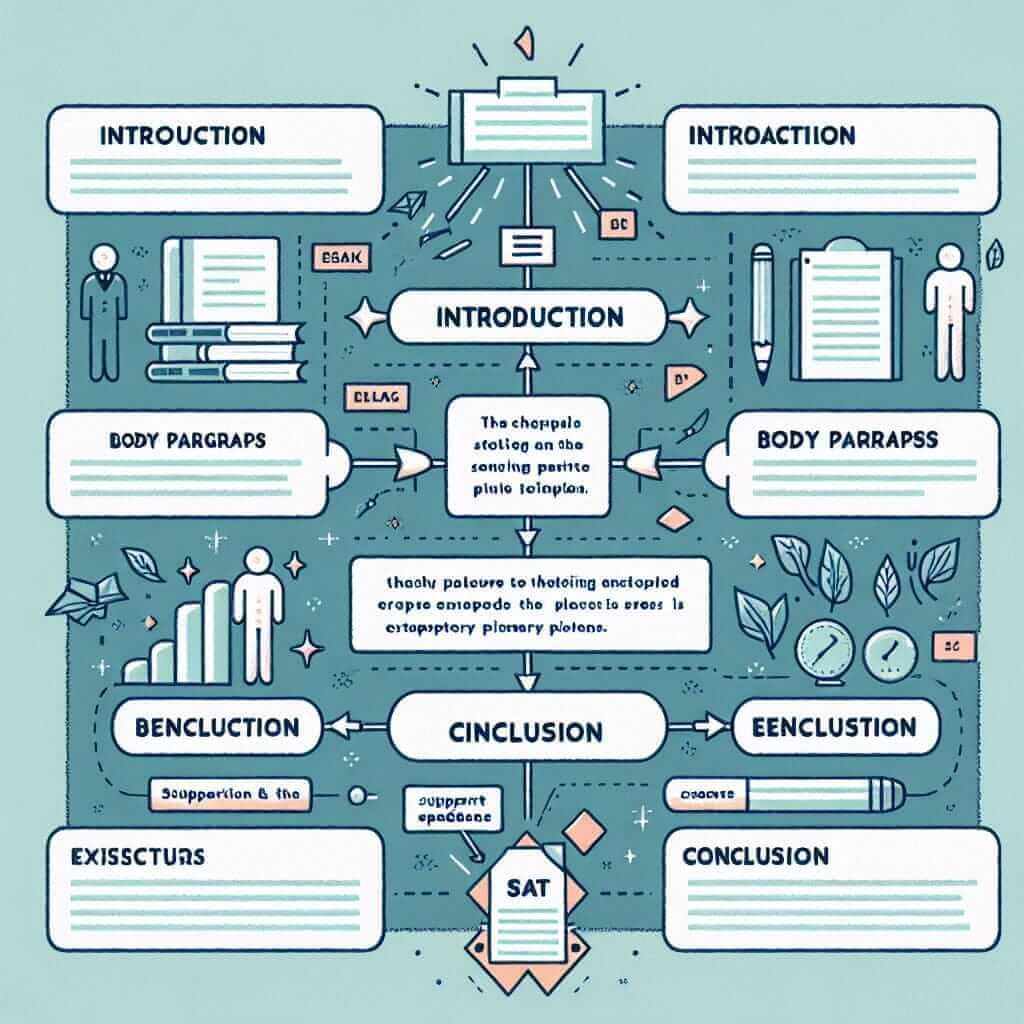The IELTS, or International English Language Testing System, is a globally recognized English proficiency test. For those aspiring to study, work, or migrate to English-speaking countries, demonstrating strong writing skills is crucial, making the IELTS Writing test a key area of focus.
Understanding IELTS Writing
The IELTS Writing test assesses your ability to articulate thoughts, ideas, and arguments in written English. It evaluates your grammar, vocabulary, coherence, and ability to present well-structured and coherent essays. The test comprises two tasks, each requiring a different writing style and approach.
Task 1: Report Writing (Academic) or Letter Writing (General Training)
Academic IELTS: Analyzing Visual Data
In Academic IELTS, Task 1 requires you to summarize, interpret, and report information presented visually. This could be in the form of:
- Graphs: Line graphs, bar graphs, pie charts
- Charts: Flowcharts, process diagrams
- Maps: Comparing locations or illustrating changes over time
- Tables: Presenting data systematically
Your task is to accurately describe the key trends, significant features, and make comparisons where relevant.
General Training IELTS: Writing a Personal Letter
For General Training IELTS, Task 1 focuses on your ability to write a letter in an appropriate tone and style for the given situation. This might involve:
- Writing a letter of request: Asking for information, explaining a situation
- Writing a letter of complaint: Expressing dissatisfaction, seeking resolution
- Writing a letter of thanks or apology: Conveying gratitude or remorse
The key is to understand the purpose of the letter and address all the bullet points provided in the task.
Task 2: Essay Writing (Both Academic and General Training)
Task 2 is the same for both Academic and General Training IELTS. Here, you’ll write an essay in response to a given point of view, argument, or problem.
Analyzing the Question and Planning Your Response
The key to a high-scoring essay lies in understanding the question and planning your response effectively. Take time to:
- Identify the key words and understand the question type. Is it asking for an opinion, a discussion of both sides, or a solution to a problem?
- Brainstorm ideas and arguments. Note down relevant points and examples that support your stance.
- Structure your essay logically. A typical structure includes an introduction, body paragraphs (each addressing a different aspect of the topic), and a conclusion.

Writing Style and Language
When writing your essay, focus on:
- Clear and concise language: Use vocabulary accurately and avoid overly complex sentence structures.
- Formal tone: Maintain a formal register throughout your essay.
- Cohesive devices: Employ linking words and phrases (e.g., however, furthermore, in addition) to ensure a smooth flow of ideas.
Tips for Success in IELTS Writing
- Practice Regularly: Consistent practice is essential to familiarize yourself with the test format and develop your writing skills.
- Expand Your Vocabulary: Enhance your range of words and phrases to express your ideas more effectively.
- Master Grammar Rules: Strong grammar is fundamental for conveying meaning accurately.
- Seek Feedback: Have your writing assessed by an experienced IELTS tutor or teacher to identify areas for improvement.
- Review Sample Essays: Analyze high-scoring essays to understand the elements of a successful response.
Conclusion
Mastering the IELTS Writing test requires dedicated effort, a strategic approach, and consistent practice. By understanding the task requirements, developing essential writing skills, and seeking feedback, you can confidently approach the IELTS and achieve your desired score. Remember, writing is a skill that improves over time, so embrace the learning process and strive for continuous improvement.